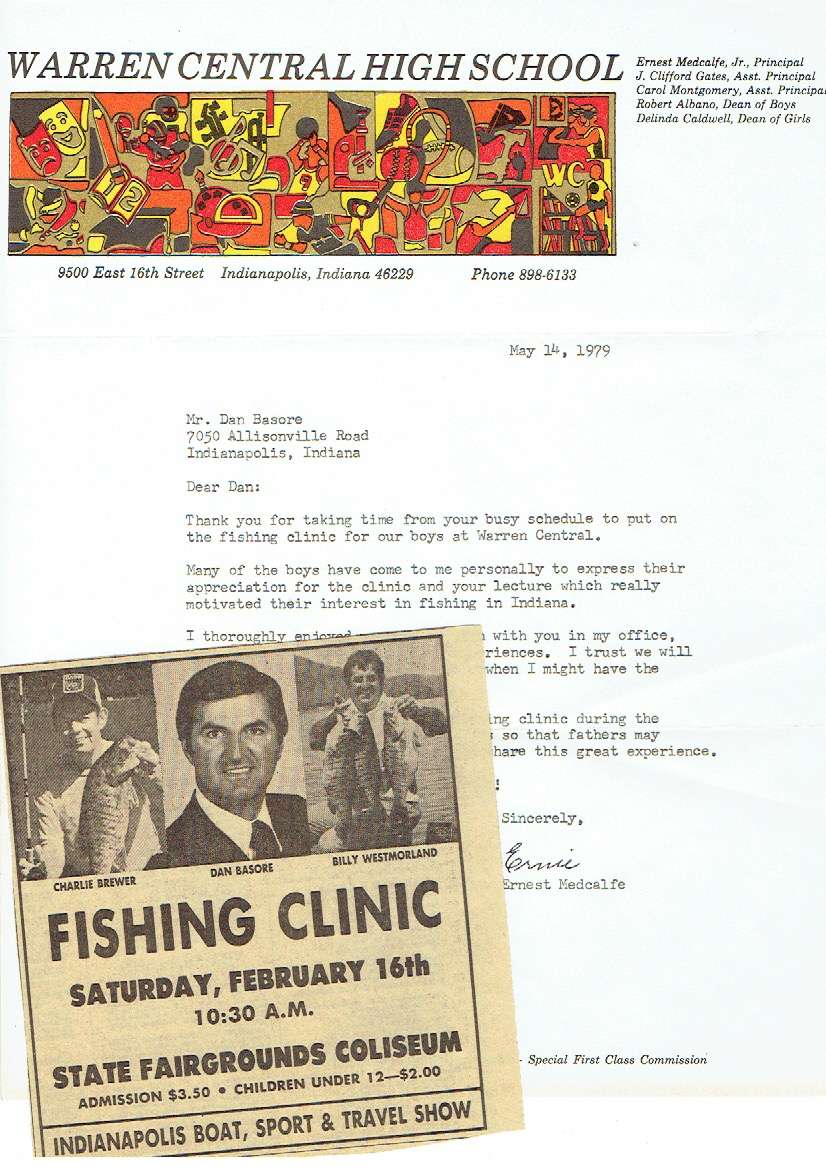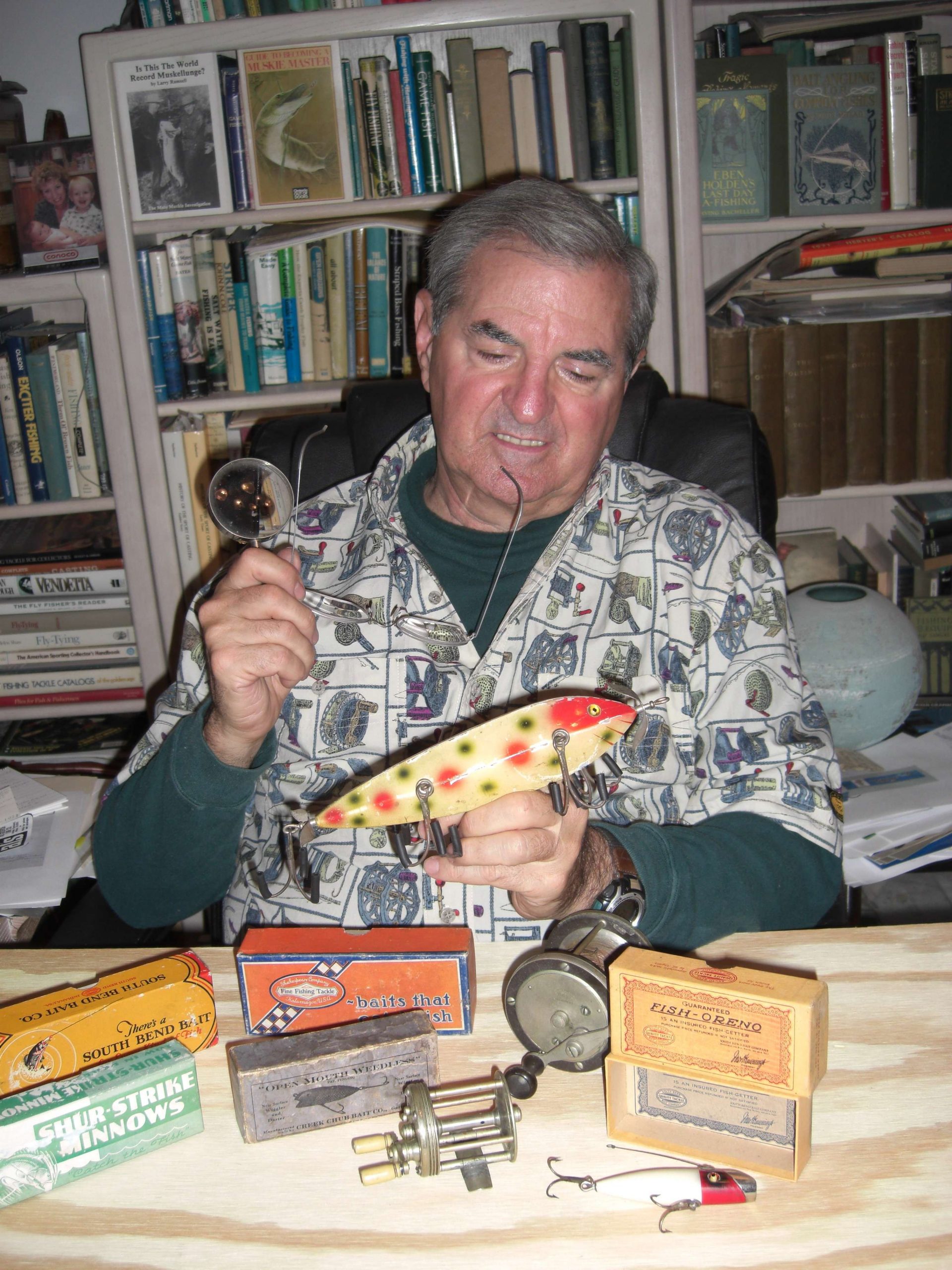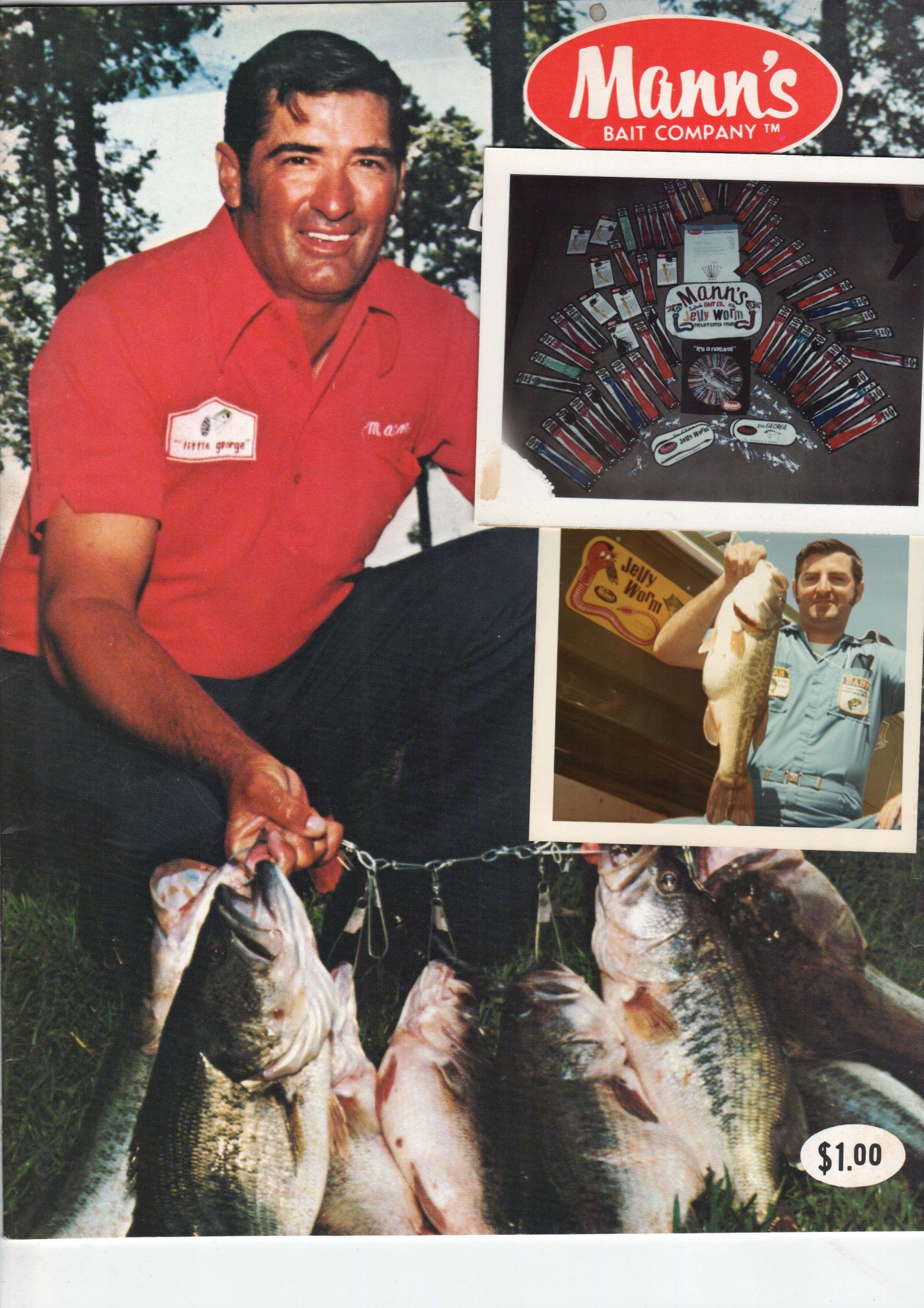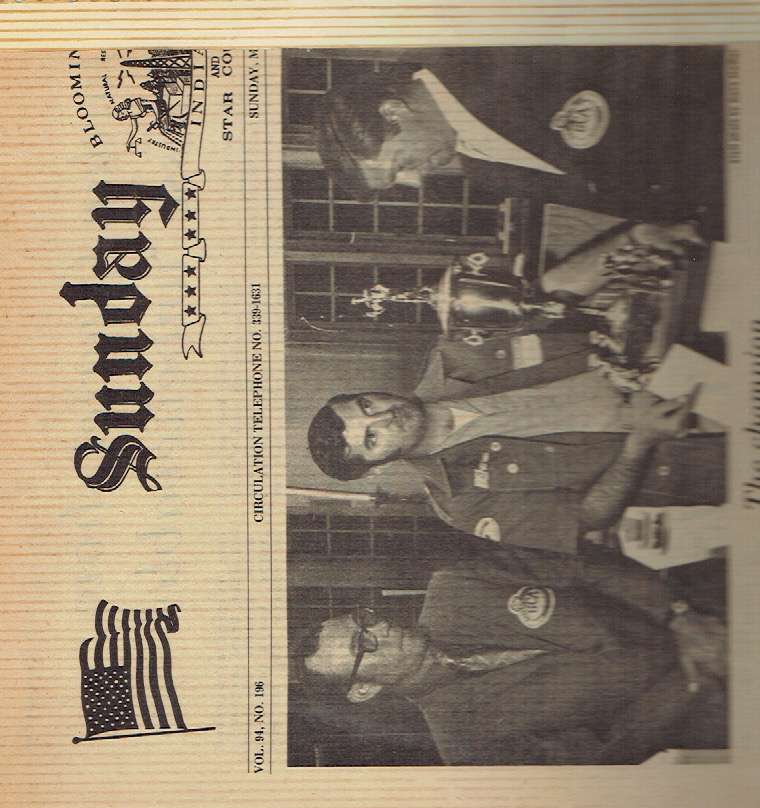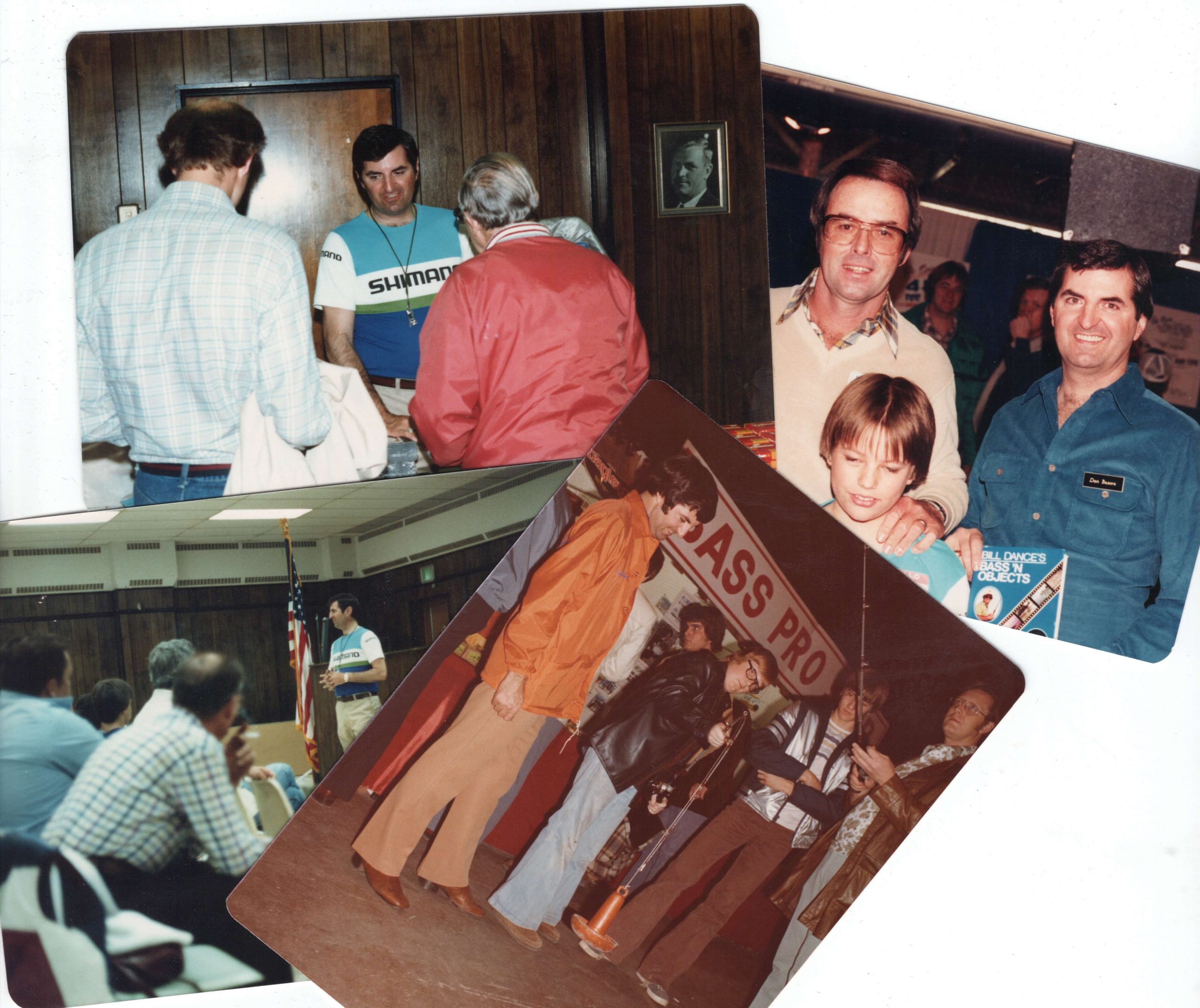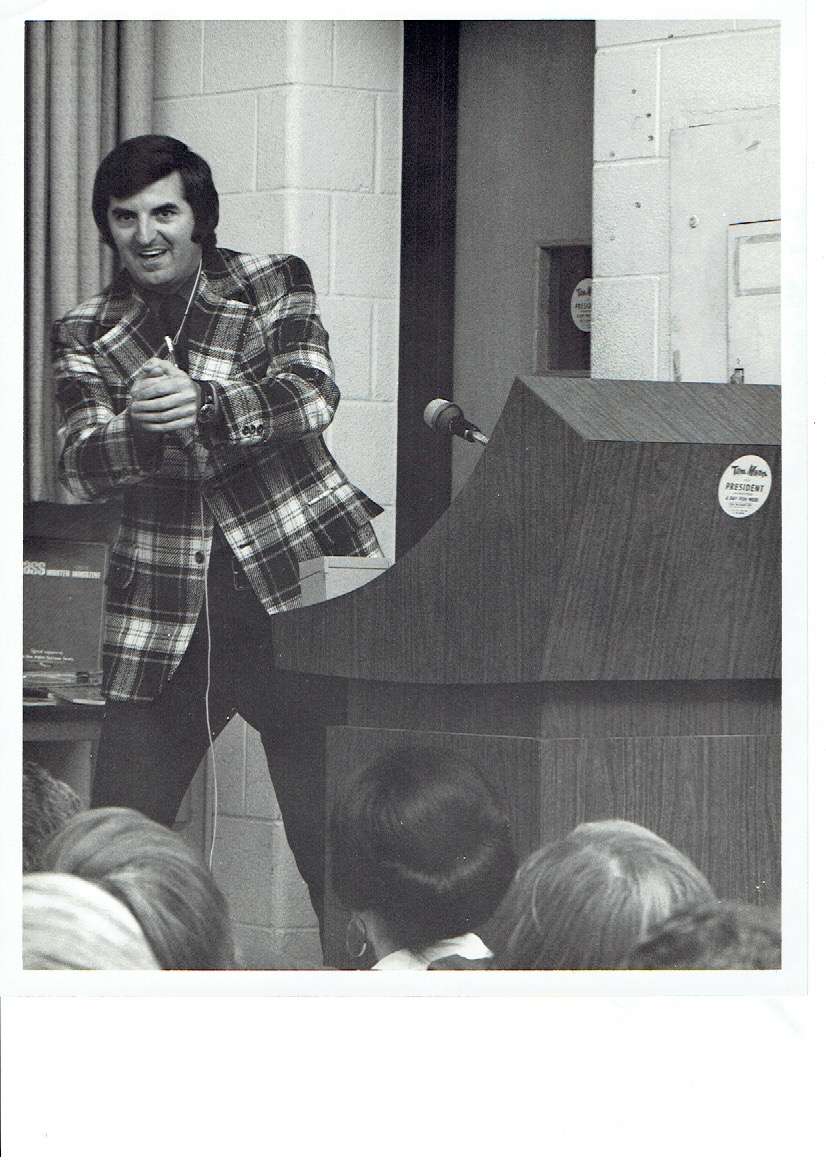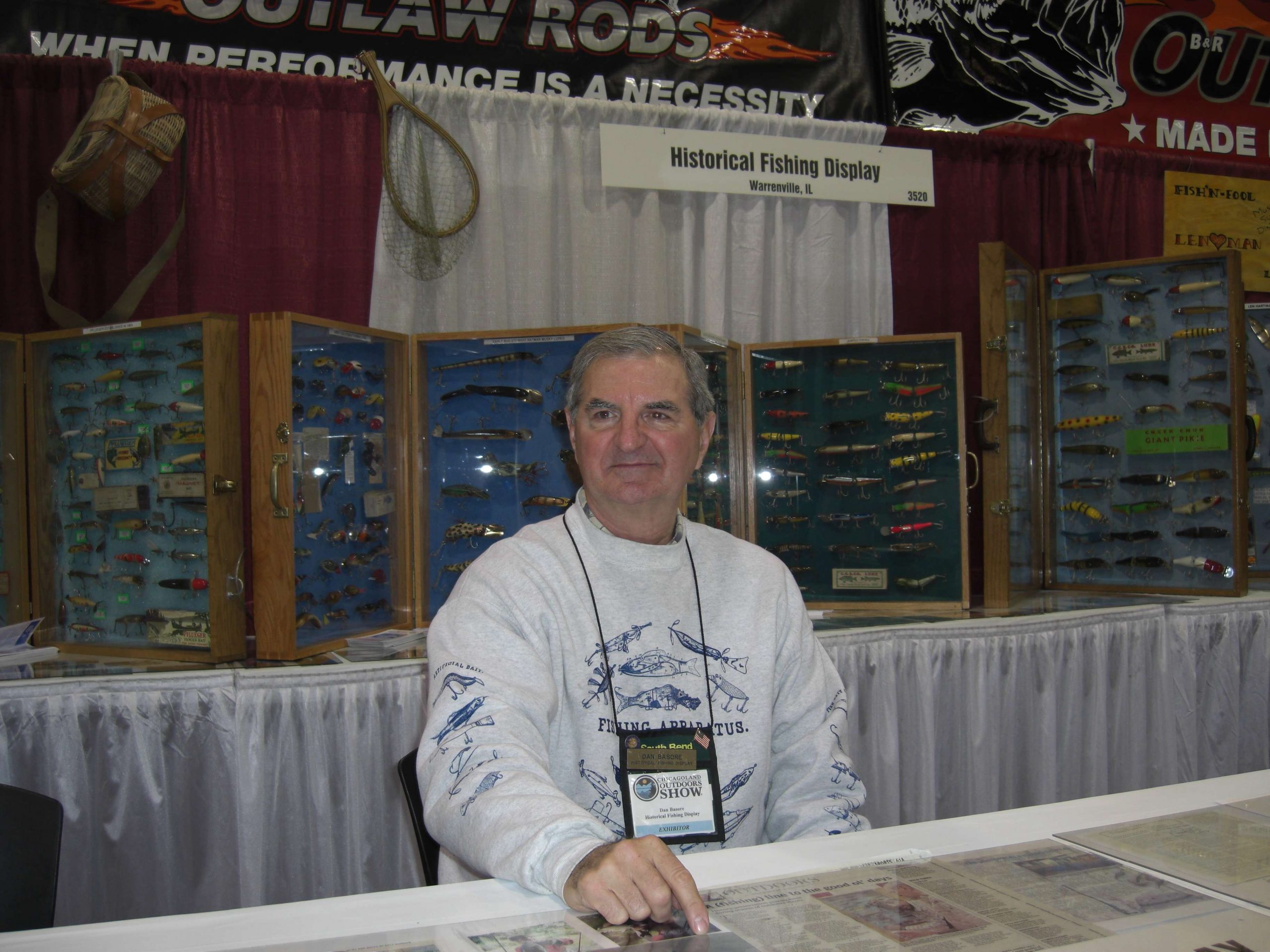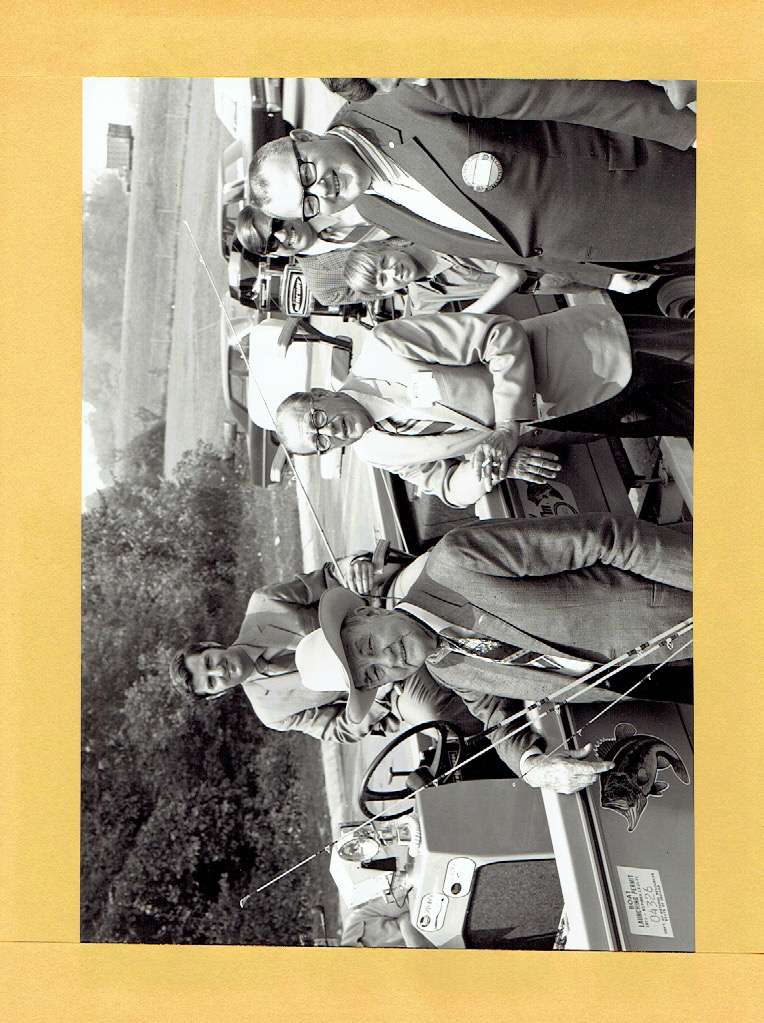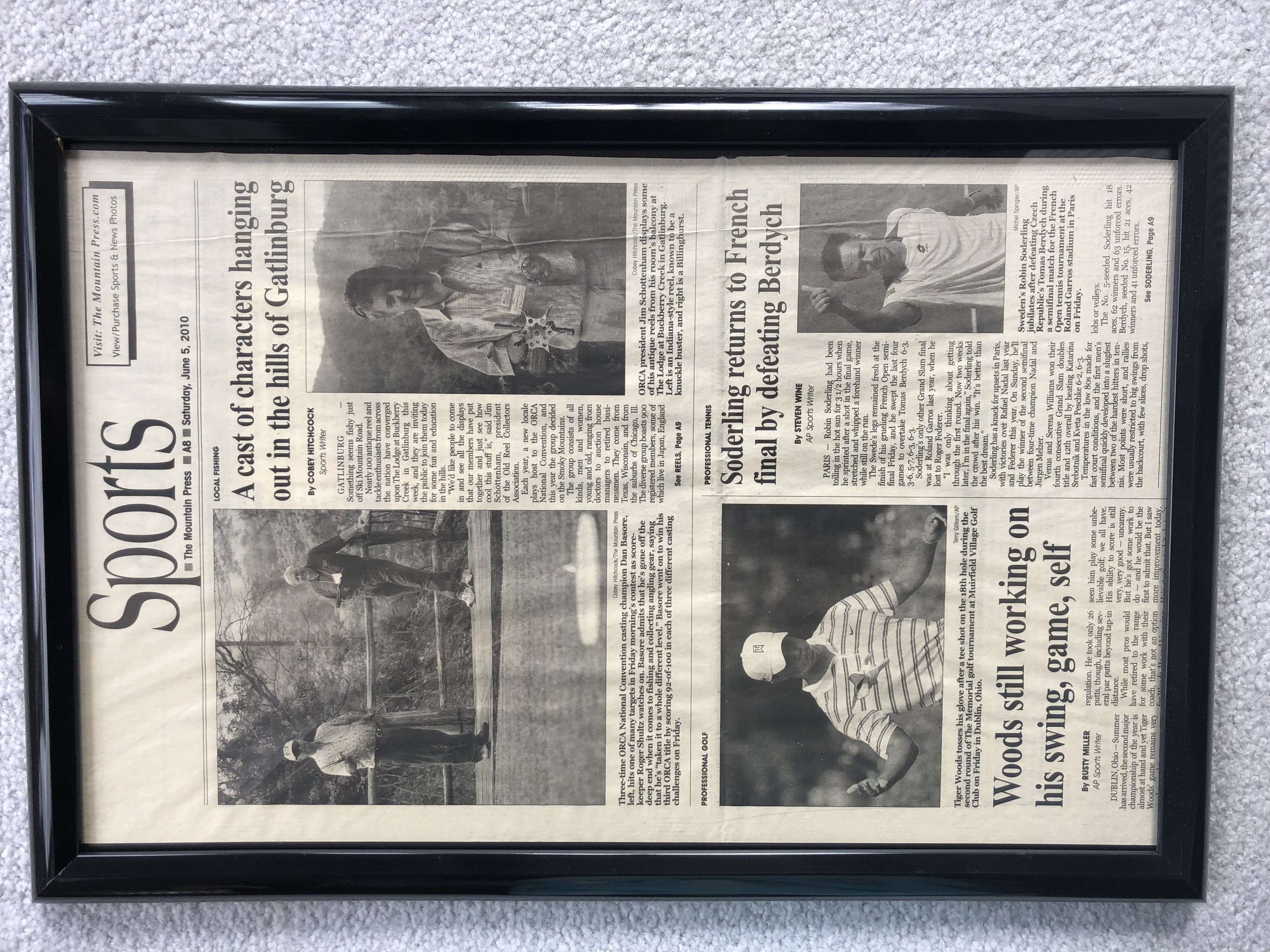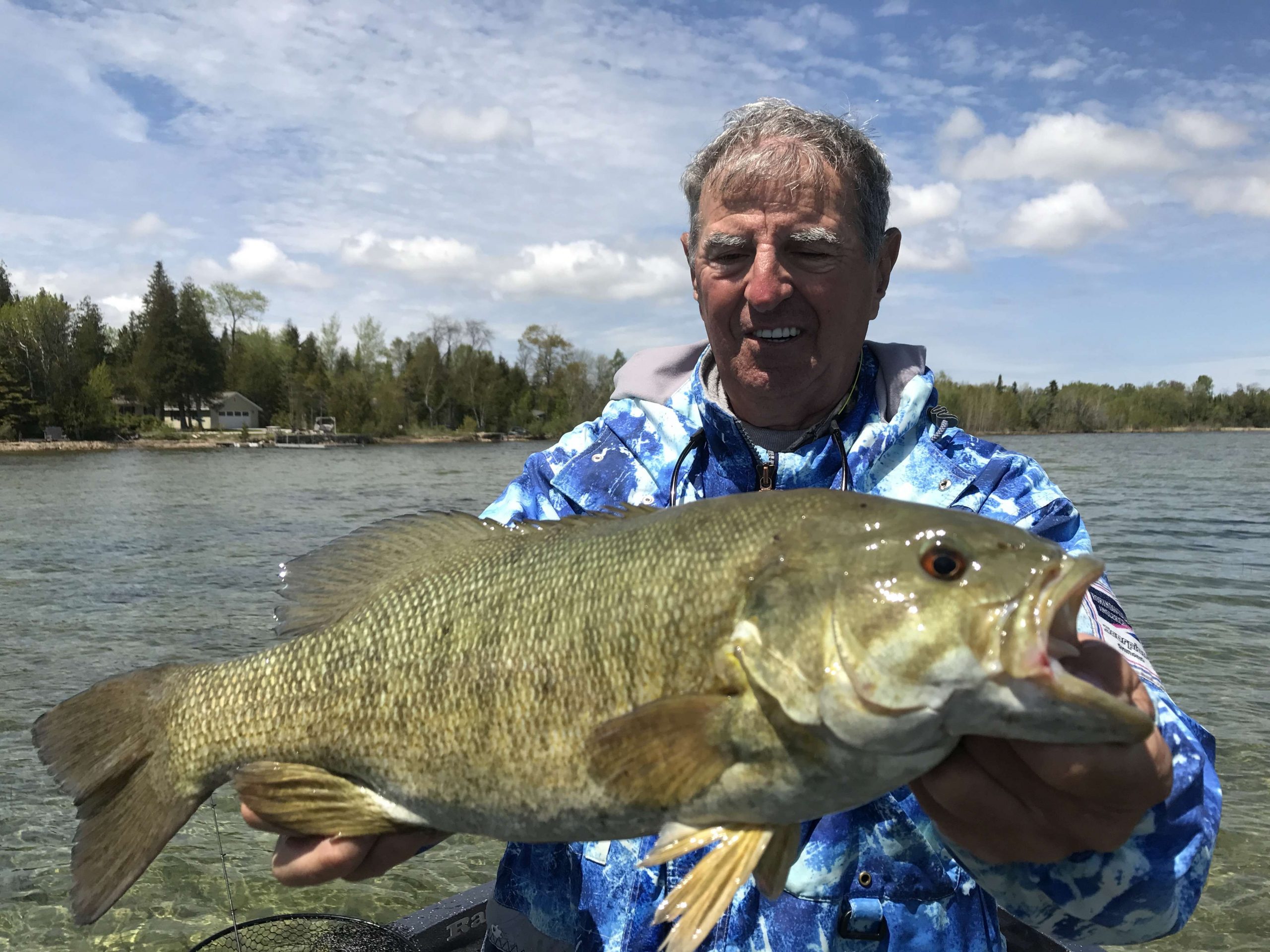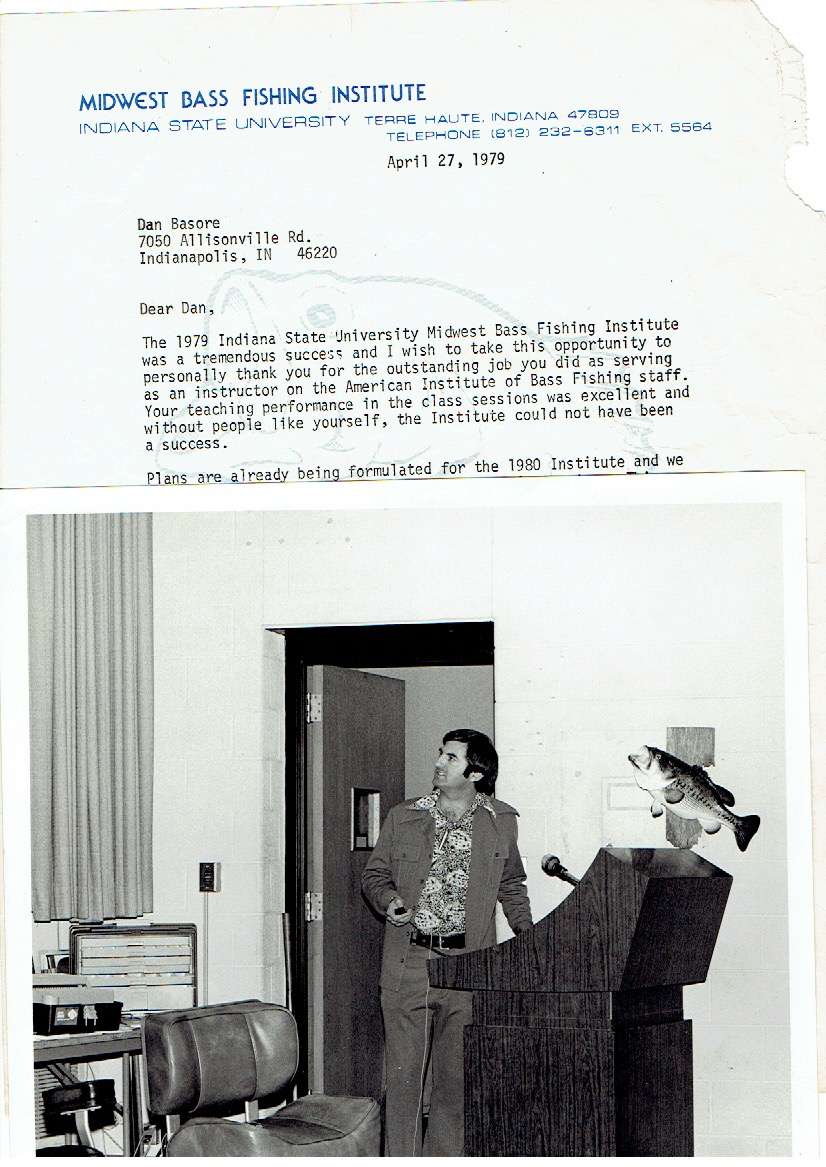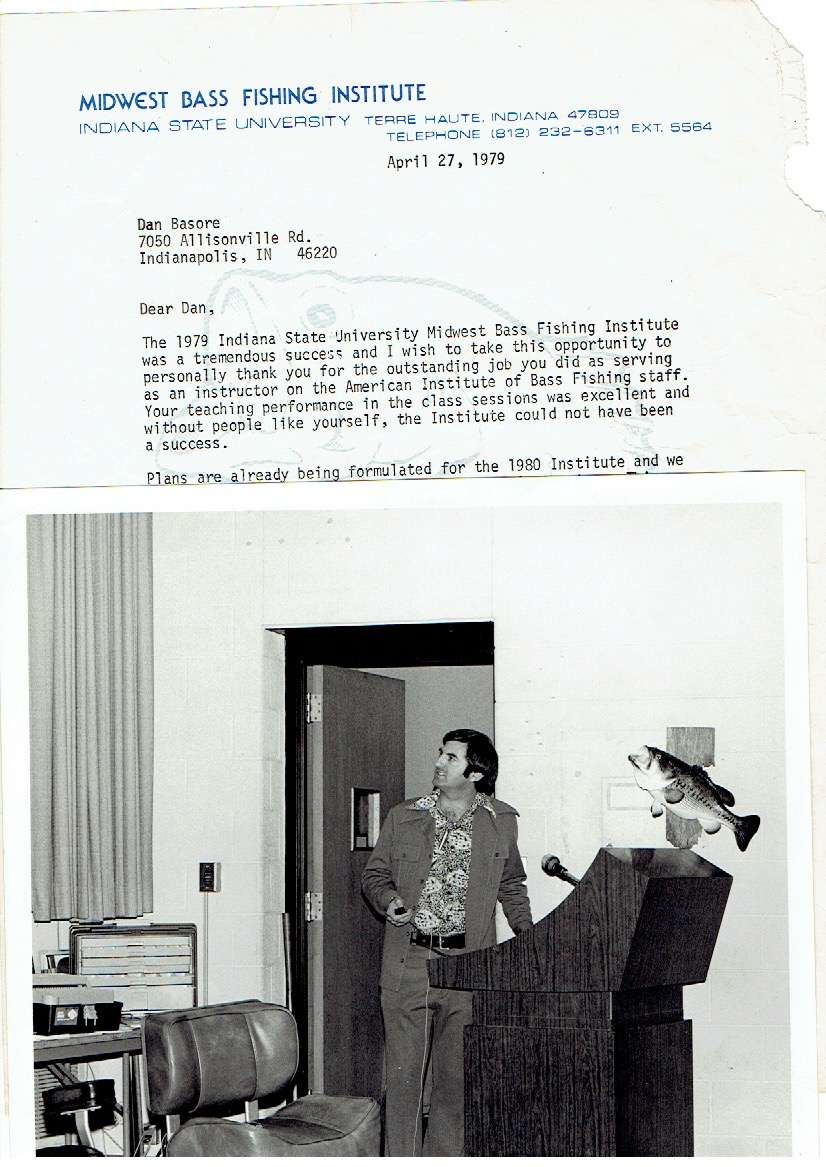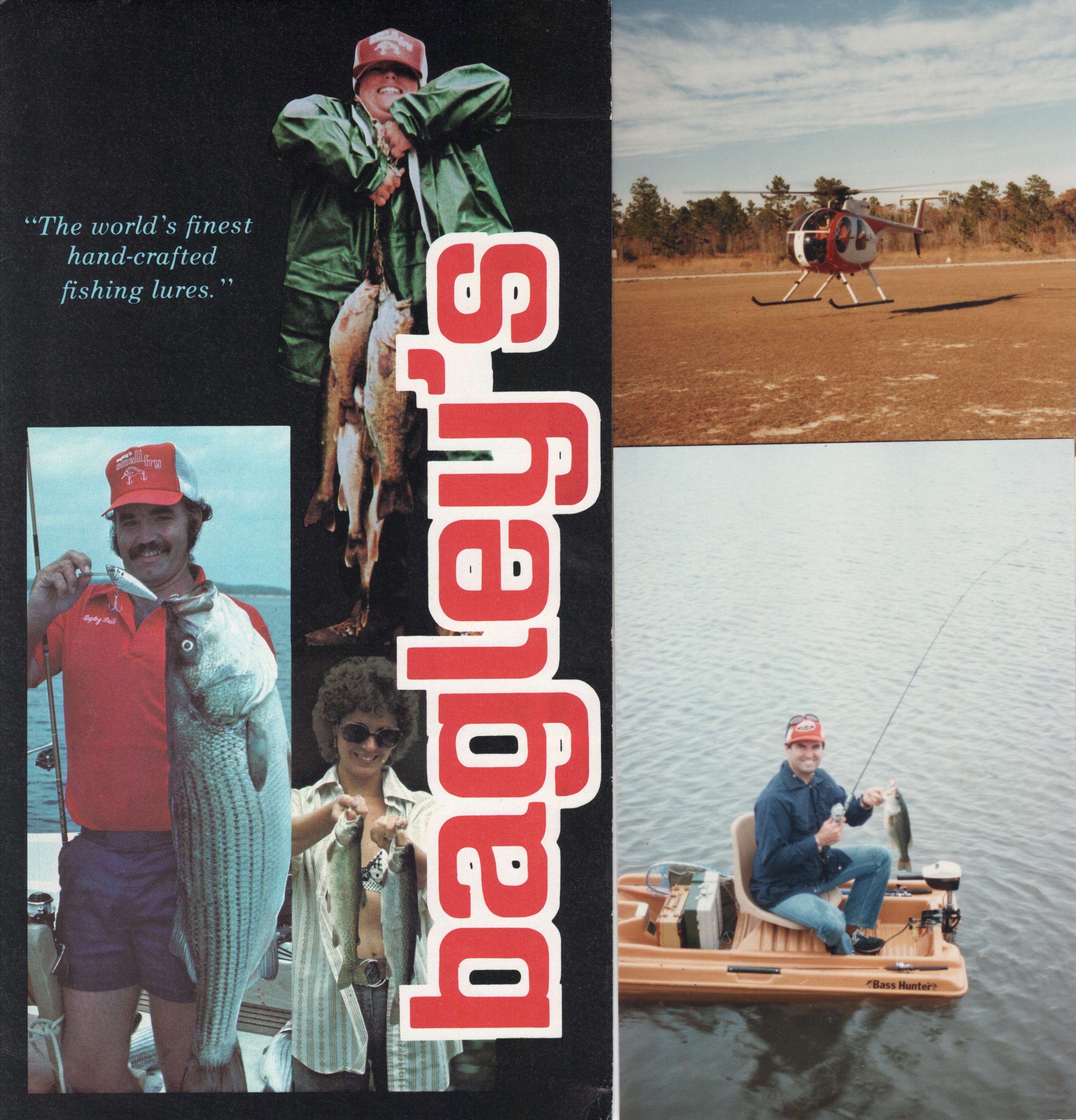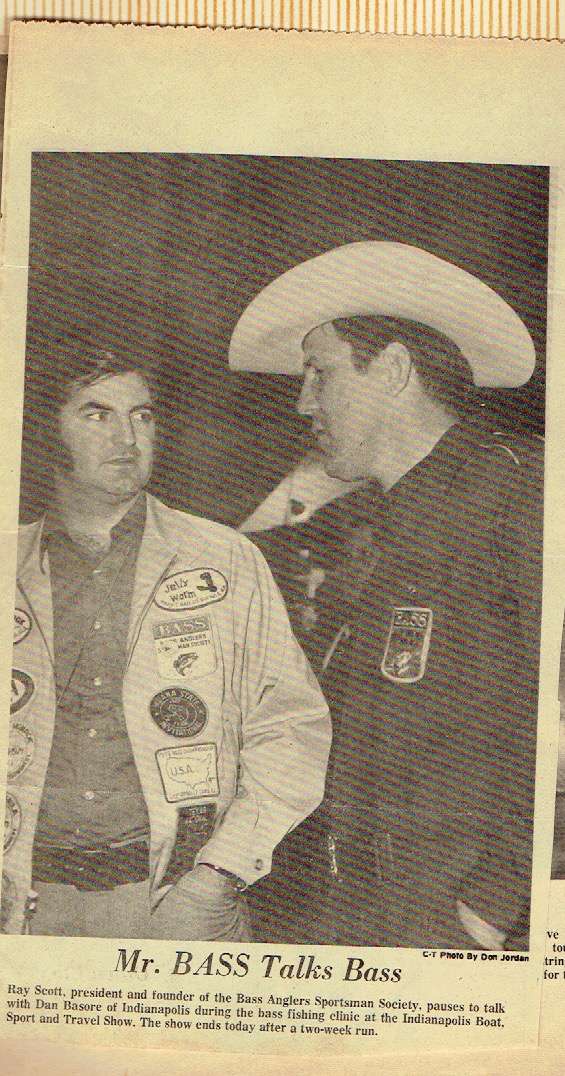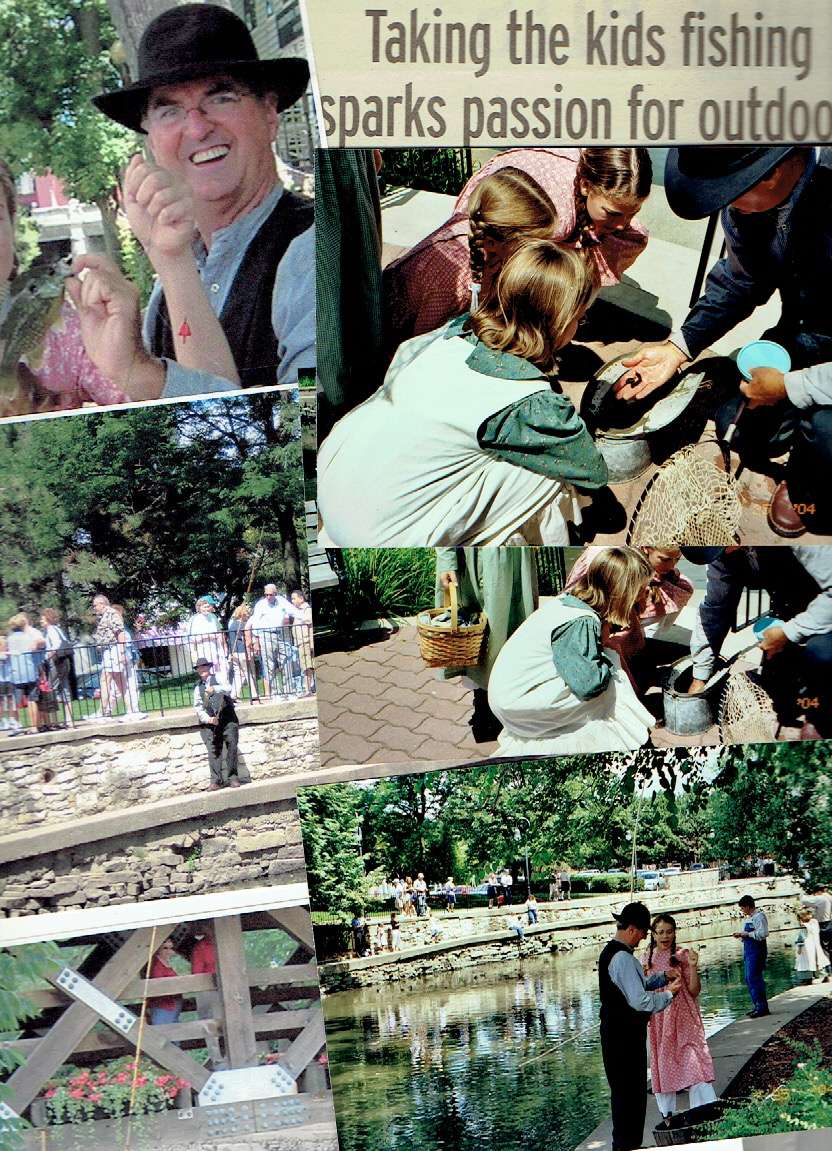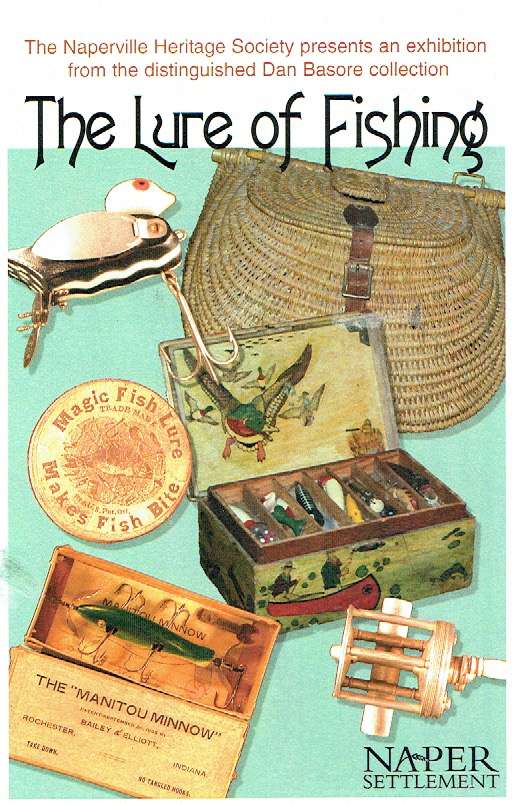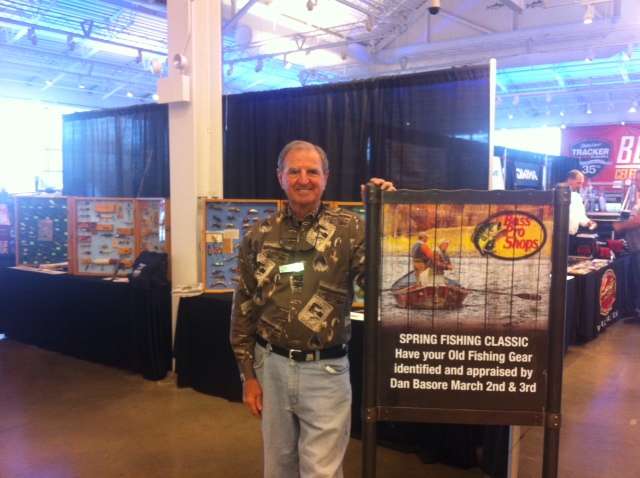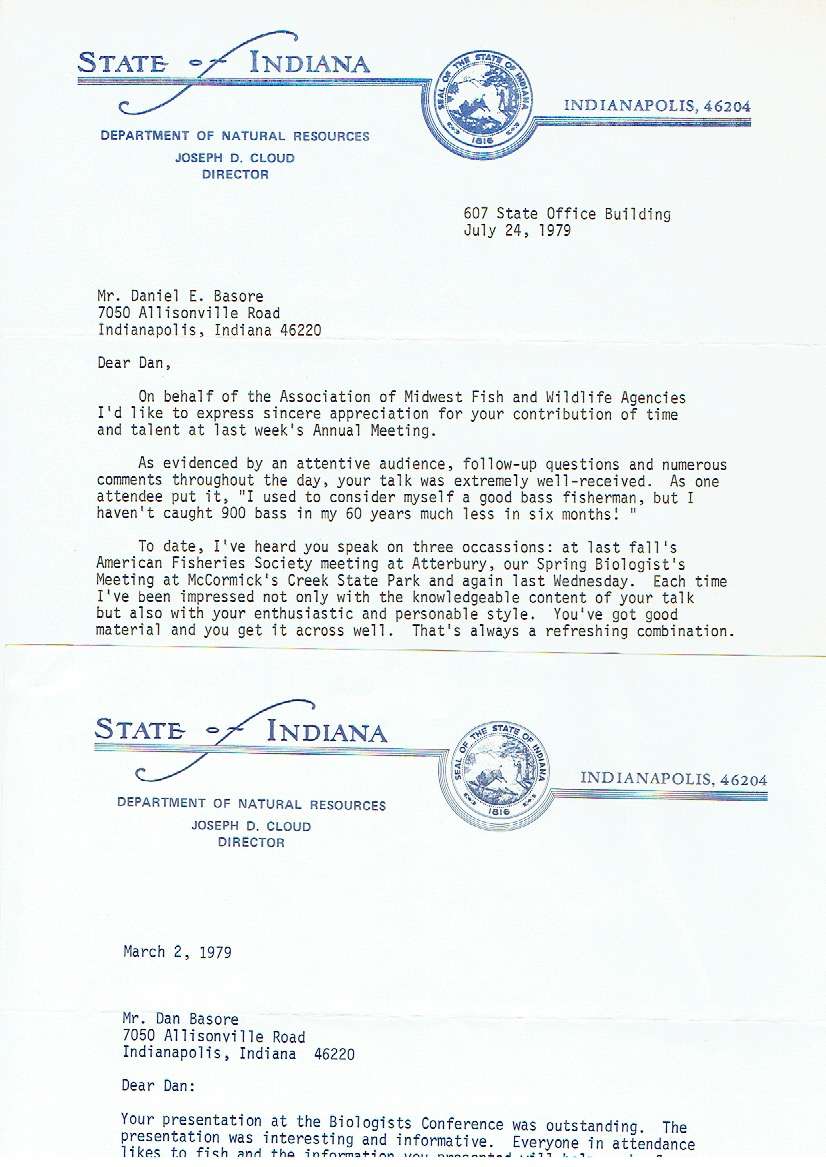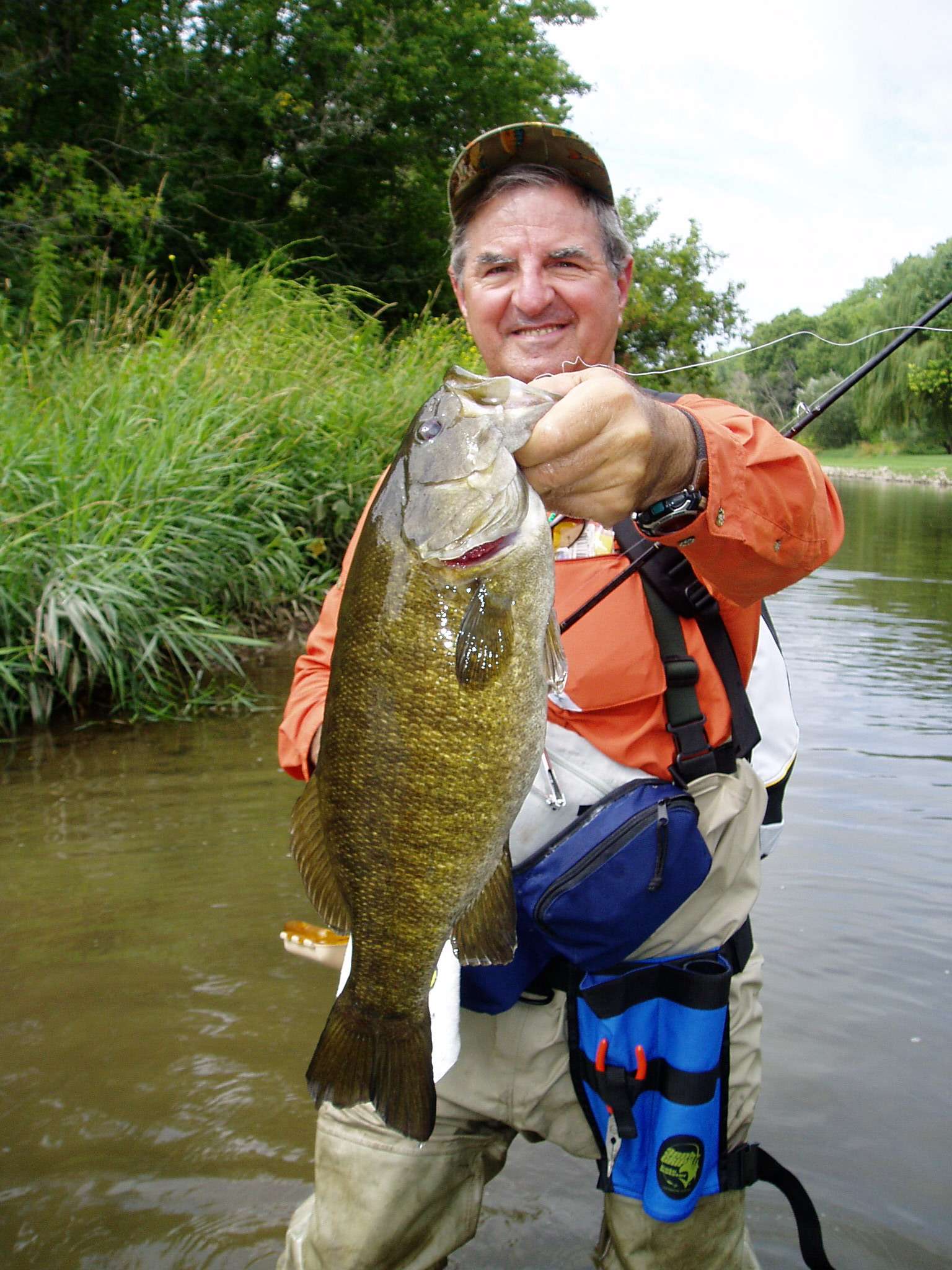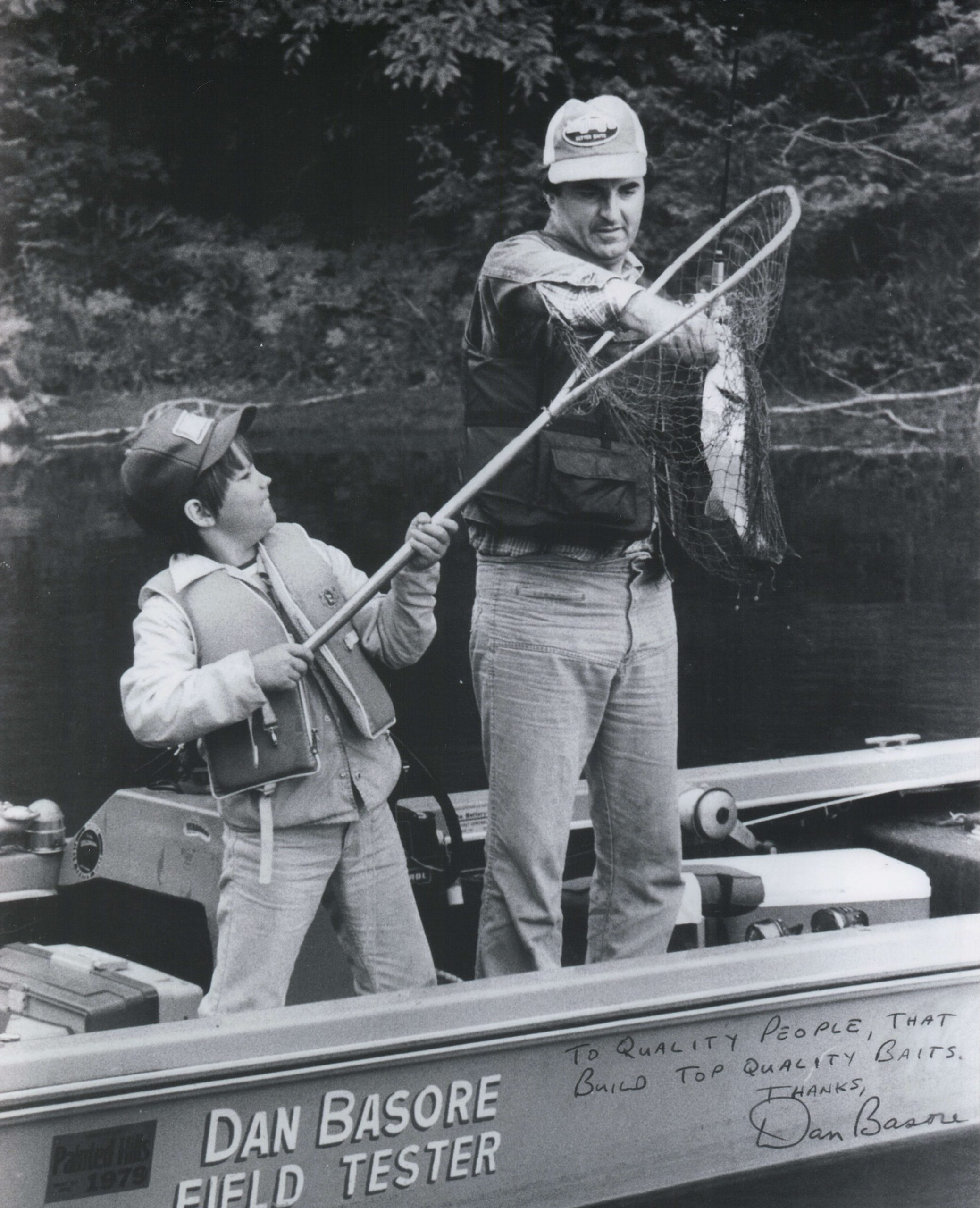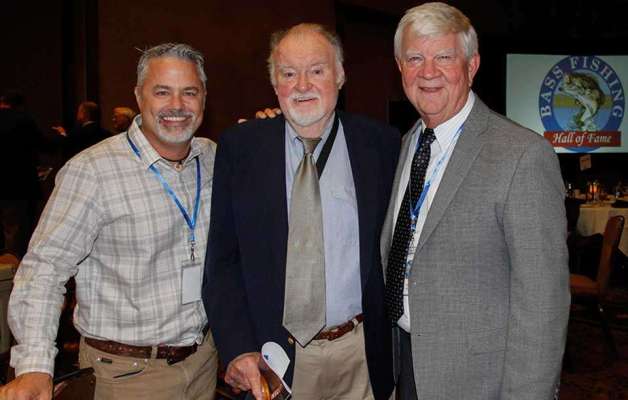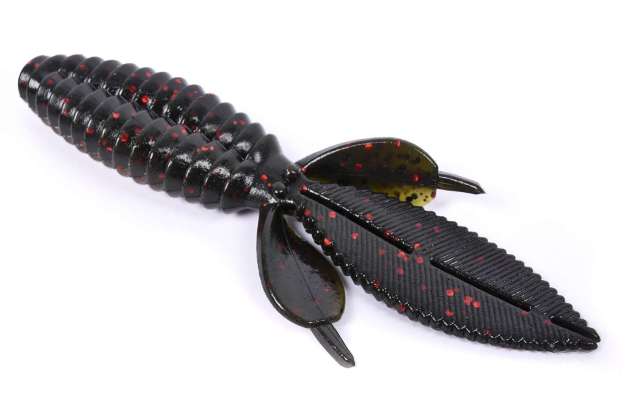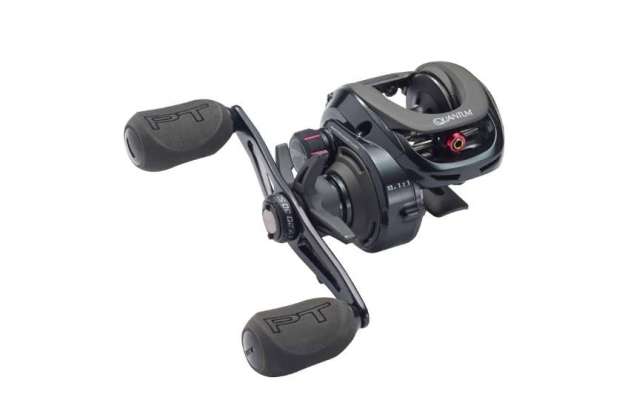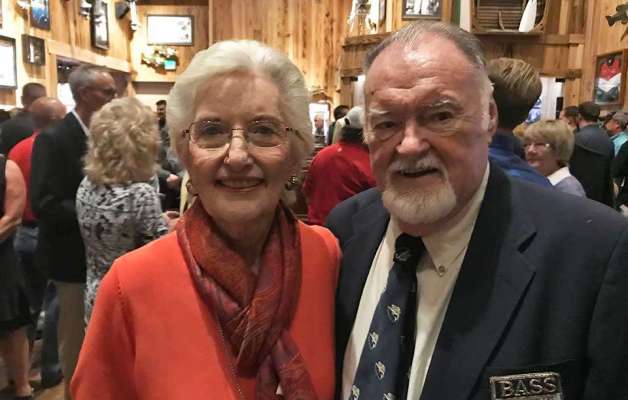
Editor’s note: 2018 marks the 50th anniversary of B.A.S.S. As part of our celebration we’re publishing stories, videos and photos about the history of the sport, including the one below.
In an article on Bassmaster.com May 15, 2008 titled “The Bass That Changed My Life,” I chronicled how membership in B.A.S.S. took me on the most wonderful journey — one that’s continued for 50 years. But there is much more than that article or even this one can tell about the wonderful experiences this membership has brought.
After sending an 8-pound, 4-ounce Indiana bass to taxidermist Archie Phillips in November 1967, my name was placed on a list Ray Scott acquired to identify members of his new Bass Anglers Sportsman Society. Scott was a pro at finding prospects for his insurance products, and he prospected for people who might join B.A.S.S. by getting names from many sources, including taxidermists like Archie.
Ray contacted me, wanting $10 for annual dues, but I asked if there was a life membership available. He replied, “Don Butler just asked the same thing and we agreed on $100. I’ll also provide you with a Charter Member certificate and designation. How does that sound?” What a bargain that turned out to be!
Immediately, the techniques taught in the early Bassmaster Magazine proved invaluable. Instead of manufacturer’s and advertising claims, tournaments provided proof of effective lures, tackle and techniques we could use immediately with great success.
Affiliated B.A.S.S. clubs were formed, including the Indianapolis Bassmasters, where we members shared effective tools and techniques with each other while making new friends and fishing new waters. I took my turn as president, and we formed bonds with other clubs. When our club fished against the Louisville Bassmasters, we were astounded when Billy Burns ran crankbaits through wood cover. We shared with our members what these Kentucky anglers did, and everyone learned new tricks.
Doing well in club contests encouraged me to enter a 1970 B.A.S.S. contest on Lake Eufaula. I was schooled in efficiency in the auto industry where I began working after high school, so my boat was a Ouachita with a 33-horsepower Evinrude and stick steering. No need to move from the front seat to a console when changing fishing areas, which wasted time and effort. Mine was an efficient fishing machine, I believed.
What a great group of anglers Ray introduced me to at Eufaula. Ed Todtenbier took me along on a practice day, and we made astounding catches on a South Bend Nip-I-Didee topwater, tuning oppositely revolving props to make the bait “talk.” It’s still one of my favorites.
Then Blake Honeycutt took the time to crawl under my boat to position and silicate my transducer so the locater would read better. Ray invited me to a corner table in the Holiday Inn dining room where he was convincing Roland Martin that he was good enough to compete. At the banquet, Shorty Evans impressed with how much fun one could have even as a senior citizen. Tom Mann, Billy Westmorland, the Murray brothers and many others became life-long friends.
But when Ray Scott fired his shotgun for the boats assembled at the Florence Landing Marina takeoff, it was like I was on a bucking bronco as waters churned and my boat was nearly swamped. After bailing out the water with half a bleach bottle and proceeding to the cove nearby, a newly acquired Zorro Spinner bait provided a 15-bass limit. By tourney’s end, I had caught enough bass to qualify for a free entry at upcoming Texas Sam Rayburn. By the time that event rolled around, I had a new Ranger boat. I had learned my lesson.
The Bass Caster’s Association was formed in the Midwest about that time, and it offered contests on lakes that were more familiar to me. Winning the Lake Monroe Invitational and placing sixth in the next contest convinced me to renegotiate my agreement with my employer to get time off for tournaments — as long as our goals were exceeded. I was offered a big raise if I stuck to the standard vacation benefit. Sixth place hadn’t paid much because prize money was “based on a full field.” I took the raise and have never regretted not “going pro.”
Looking Back On 50 Years
Thumbing through the past issues of Bassmaster provides great memories and discoveries from the past.
I remember an ad for Bass Mail House in the spring 1970 issue that offered “New Custom-Made Jump Suits” for $14.95 plus $1.00 postage.
Through ignorance back then, we stuck fish on protruding nails on a “bragging board” in those early contests. Pictures in catalogs, ads and articles showed limits of bass on stringers. But soon Scott started promoting catch, photograph and release.
I and others met with officials of fish and game departments to educate them on how we had learned structure, sanctuaries and how to make big catches. They were amazed. One person in our meetings remarked, “I used to consider myself a good bass fisherman, but I haven’t caught 900 bass in my 60 years much less in 6 months!” We formed great relationships with fisheries management to help us.
The More You Share The More You Receive
My dear mother Emma, who is still enthusiastically guiding me in her late 90s, taught me many life lessons. The importance of sharing is one of the best.
I started to collect old fishing tackle at age 15 and later I began exhibiting in tackle shops, sports shows, employee cafeterias, libraries and schools resulted in many new acquisitions.
It was a pleasure to share the information I gleaned about tackle collecting and fishing techniques in B.A.S.S. club meetings and with many other groups.
In a typical year during the 1970s, I participated in a 10-day sports show demonstrating new products, gave a fishing clinic for residents in a lake association, spent two days as an instructor at the Bass Symposium, (later, the Bass University), wrote an article for the Indianapolis newspaper, conducted an in store fishing clinic at Sports Headquarters, appeared in an hour-long television special with Al Lindner and Bobby Murray, made presentations to the Buffalo Riders Conservation Coalition and the Inland Steel Management on clean water and fishing, provided a program for the Hard Luck Bassmasters, took an Indianapolis outdoor writer bass fishing (resulting in 30 bass and three articles), worked the Spring Boat & Tackle Show four days, did two evening seminars a week in Galyan’s Trading Post, won a father/son bass tournament, conducted a fishing program for the heads of 16 state fish and wildlife departments, wrote an article in the Daily News Tribune in Illinois, conducted a fishing clinic for the Boone County Bassmasters, conducted 24 sessions for my Bass Fishing School, worked with Outdoor Life for an article on Strip Pit Bassin’, submitted articles for In-Fisherman and other magazines . . . you get the picture.
Also in my career, I consulted with fishing tackle manufacturers such as Jim Bagley, Tom Mann, Bill Norman and Lew Childre.
All of this was done while I held a full-time job as vice president of my state’s credit union trade association. These activities were great for the family and my employer.
They also led to some memorable fishing adventures. While filming with Jerry McKinnis for his Fishing Hole television show, Jerry introduced me to a friend of his, Gary Clark, whom he thought would be a fishing pal. Was Jerry ever correct! We have fished internationally for peacock bass, golden dorado and bass on some of the best waters in the hemisphere.
Some of our most memorable trips are ones that start the first day with few or no fish, as one did last August on Sturgeon Bay. And then after figuring them out, we went on to catch more than 100 big smallmouth on each of our last two days. It was almost like winning the Bassmaster Classic.
Formerly we said, “Fishing can be enjoyed from 1 to 100.” But seeing Jeralean Tilly from Inkster, Michigan on her 116h birthday on the Today Show made us expand that number…when asked what she did for fun and replied, “I just love to fish. When I catch one it makes me so happy!” What other sport can provide a lifetime of such pleasure?
I’m still working to improve fishing tools for kids and preserving fishing history. Maybe I was wrong about stick steering being more efficient, but it still drives me crazy watching some anglers — including some of today’s pros —wasting time between catches while fish are fired up and ready for more. Smart anglers should seek assistance from time motion study experts that design best practices for assembly lines. More time with our lures in productive water equals more fish.
As many in our society experience a growing number of takers we are also experiencing a large number of volunteers and givers. Those who flood tackle makers with requests to be a field tester miss the point. What can you do to make someone want you to be a part of their efforts? Somehow we need to demonstrate that “we stop learning when we stop teaching. To get more give more.”
Pass It On
We who have been fortunate enough to discover the joys of fishing, collecting and treasuring old tackle and the great out of doors are blessed with the opportunity to pass it on to our children, grandchildren and others young and old. Schools, scouts, foster children, kids with special needs and more will greatly benefit from this lifetime sport.
After 60 years of collecting old tackle and being asked many times, “What’s going to happen to all of this when you die?” I ask, “Why? Do I look sick?” Tackle collecting still gives me great pleasure. In fact, in recent years, I was able to work with Johnny Morris and Bass Pro Shops to put appropriate items in many of their locations.
Be sure to check out the Creek Chub factory display of George Perry and the World Record Bass in the Macon, Ga., location. Other stores I’ve worked with are too numerous to list here, but the Portage, Ind., Rossford, Ohio, and Bollingbrook, Ill., Bass Pro Shops have great collections of items. And I can’t recommend highly enough the Wonders of Wildlife in Springfield, Mo., and especially the Bass Fishing Hall of Fame displays that I helped with.
Having made fishing presentations to schools since the 1970s, it is a joy today to see how the high school fishing programs tht were started in Illinois and other states are growing the sport. I’m fortunate to have a great school just a few doors away from my home that has a great program.
While watching the Bassmaster Classic with my grandsons recently, I recall that they were wowed by the $300,000 check to the winner. I reminded them that in fishing, just as in basketball, football and other professional sports, only a few make a great living in their chosen sports.
I try to instill in them that it is so very important that they study hard in school, develop people skills, and practice a great work ethic. That, more than their fishing abilities will result in financial success in their careers.
They will still be able to fish on the best waters in the world, support their families, contribute to conservation and more. There are no limits to what they can do. I don’t mean to brag, but I’m living proof of that.
Editor’s Note: See photos of Dan Basore’s journey below.
